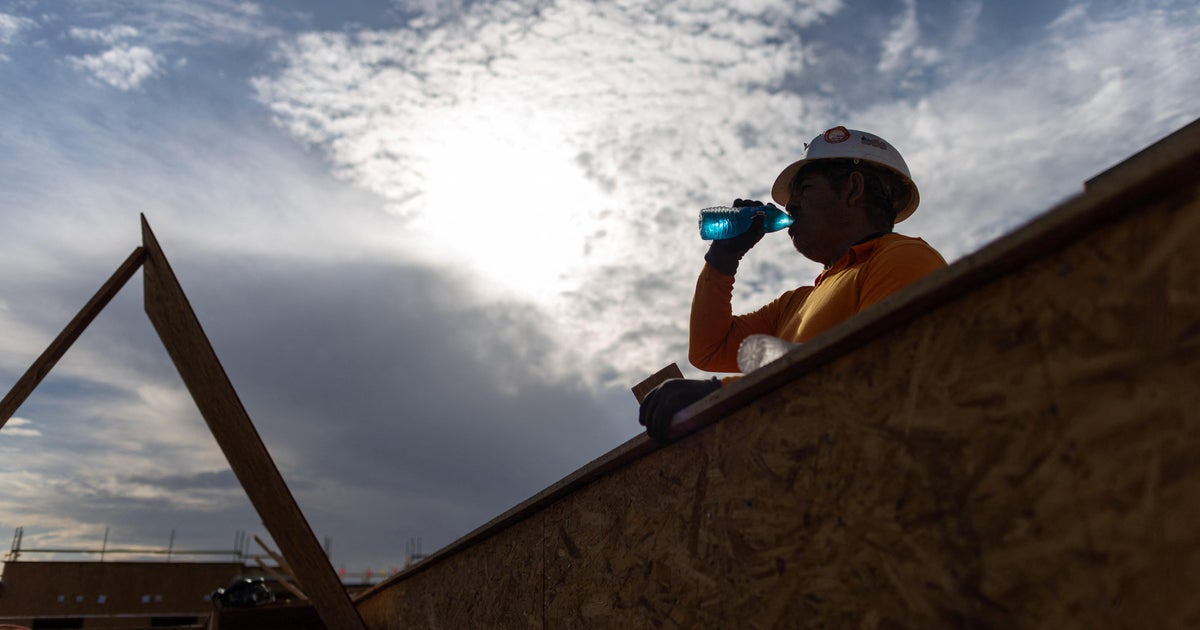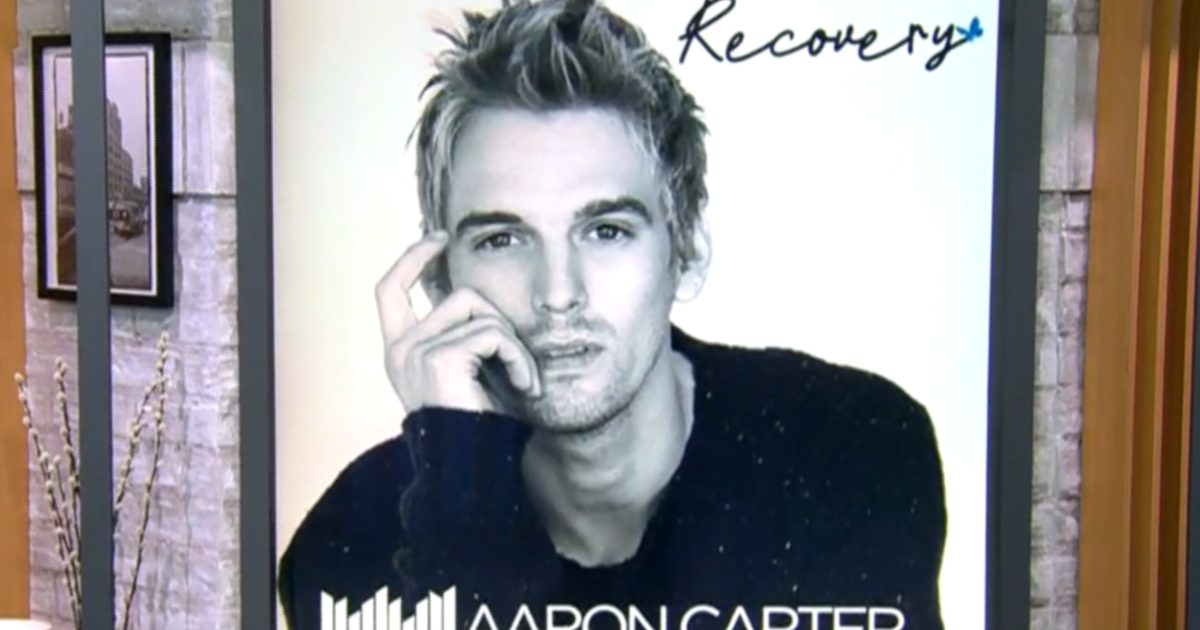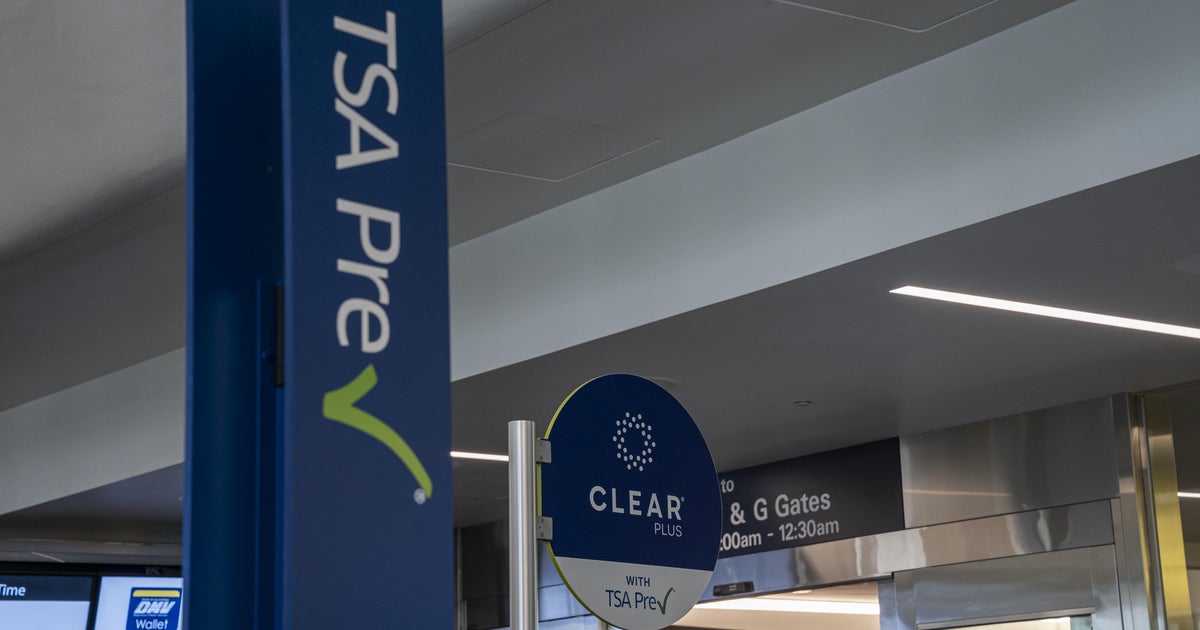Amid grim flu season, scientists work to find "holy grail" vaccine
NEW YORK -- Flu activity is widespread in nearly every state, but an FDA panel meeting Thursday is ready to finalize next year's vaccine. That will give manufacturers the six to nine months they need to prepare more than 150 million doses to fight the flu.
While the vaccine is the first line of defense, a CDC study found that this year, it's been only 36 percent effective.
The flu vaccine is the only routine vaccination people need to take every year, which is why scientists around the world have been searching for decades for a universal flu vaccine -- one that targets all the strains of the flu virus and will last a lifetime.
"It's a very difficult goal, it is sort of the holy grail," said Peter Palese, a microbiologist at Mount Sinai Hospital.
Palese and his team have been working almost exclusively for five years on finding the "holy grail" of flu prevention, and they believe they are close.
"It is right now in phase one. People are being -- as we speak -- vaccinated with this vaccine, and that is the first step in getting it approved," he said. "I think it should be faster than 10 years."
Ten years may seem like a long time, but it takes understanding why the flu is unique compared to other viruses like measles or mumps.
"The virus is changing constantly, which is why we have to get a new vaccine every year," Palese said. "But there are parts of the virus which are staying constant."
Think of the influenza virus as coated with little mushrooms, each with a head and a stem. The current vaccines only target the head, but that's the part that easily changes or mutates into different strains, making the vaccine effectiveness challenging. But scientists discovered that the stem remains relatively the same -- therein lies the holy grail: target the unchanging part.
"This was really from an idea that was developed on the bench, into clinical trials in basically eight years," said Florian Krammer, who is leading the clinical trials in humans. "This is called the bio-bubble. What we can do here is we can prepare vaccine seeds that then go into manufacturing and then can be used in human clinical trials."
They're also using chicken eggs to grow their vaccines.
"The difference to what you would buy in a supermarket is just that they have an embryo in them," Krammer said.
It's a method of vaccine development used for over 70 years. The eggs are injected with strains of the flu virus, incubated for a few days and harvested to prepare the vaccine. Typically, you would get one to three doses per egg.
With at least 97 pediatric deaths, this flu season is the worst in nearly a decade.
"This year, unfortunately, it is worse than what we have seen over the last 10 years almost. Clearly, this is more motivation and we really want to try to find something which eliminates this disease," Palese said.
This severe flu season has lent urgency to the search for a one-and-done flu shot, but the central issue now is federal funding. While the National Institutes of Health is funding Mount Sinai's work, some researchers believe with more funds we could see a universal flu vaccine in less than five years.



